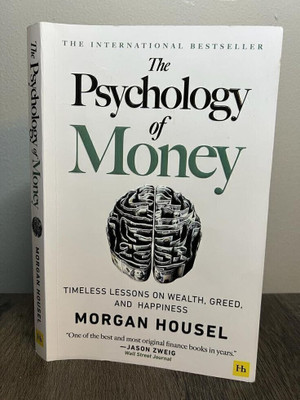| Author Info | - **Sun Tzu** was an ancient Chinese military strategist, philosopher, and author traditionally credited with writing **"The Art of War"** (????, S?n Z? B?ngf?). Though much of his life remains shrouded in mystery, his work has had a profound impact on both military strategy and various fields beyond warfare.
### **Key Details about Sun Tzu:**
#### **Historical Context:**
- **Time Period:** Sun Tzu is believed to have lived during the Eastern Zhou period of ancient China, around the 5th century BCE. This era was marked by frequent warfare among various states, providing a backdrop for his strategic insights.
- **Historical Records:** There is limited concrete historical evidence about Sun Tzu's life. His existence and the specifics of his career are based largely on traditional accounts and historical texts, including those by later historians like Sima Qian.
#### **Major Work:**
- **"The Art of War":** This text is Sun Tzu's most famous and influential work, a classic treatise on military strategy and tactics. It consists of 13 chapters, each focusing on different aspects of warfare, including strategy, tactics, logistics, and leadership.
#### **Key Themes and Concepts:**
- **Strategic Flexibility:** Emphasizes the importance of adapting strategies to the specific circumstances of the battlefield and the nature of the enemy.
- **Deception and Misdirection:** Advocates for the use of deception and psychological tactics to gain an advantage over opponents.
- **Understanding and Planning:** Stresses the need for careful planning, understanding one's own strengths and weaknesses, and knowing the enemy to ensure victory.
- **Leadership:** Provides guidance on effective leadership and the qualities required to lead troops successfully.
#### **Influence and Legacy:**
- **Military Thought:** Sun Tzu’s principles have been studied and applied by military leaders throughout history, from ancient China to modern times.
- **Global Impact:** His ideas have transcended military applications and are now used in business, management, and personal development, where strategic thinking and competitive analysis are valuable.
- **Translations and Interpretations:** "The Art of War" has been translated into numerous languages and continues to be a popular reference in various fields. It has inspired countless adaptations, commentaries, and modern reinterpretations.
#### **Philosophical Approach:**
- **Pragmatic Realism:** Unlike some other military texts that emphasize ideology or morality, Sun Tzu's work is pragmatic and focuses on achieving practical results through strategic thinking.
- **Emphasis on Efficiency:** Advocates for achieving goals with minimal conflict and resources, valuing quick and decisive actions.
### **Summary:**
Sun Tzu’s **"The Art of War"** remains a seminal work in the study of strategy and leadership. His insights into military strategy, leadership, and human behavior have had lasting influence, making his work relevant in diverse fields beyond traditional warfare.
|








